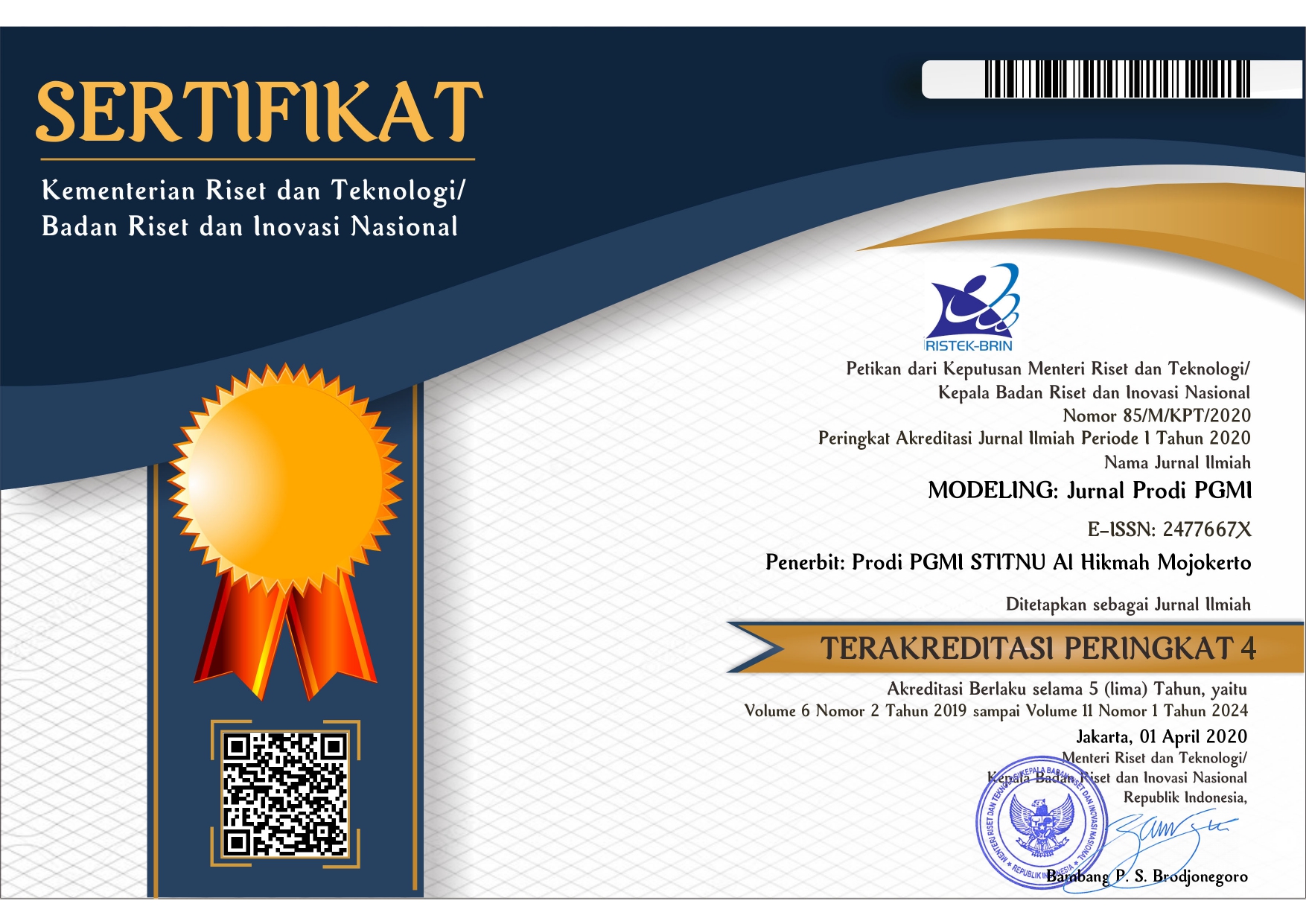Implementasi Jenis Sanksi bagi Anggota TNI Pelaku Kejahatan Ditinjau dari Peraturan Berlaku
DOI:
https://doi.org/10.69896/modeling.v10i4.2110Keywords:
Implementation, Sanction, Members, TNIAbstract
Any activities or actions of members of the TNI that violate law, order and authority and cause public unrest will be immediately subject to sanctions. If a criminal case is not immediately resolved in accordance with applicable law, it is very detrimental to the victim, the perpetrator (in this case the TNI members themselves) and the unit in general that develops personnel. Crime is a crime that is prohibited by laws and regulations, as well as threats (punishments) in the form of certain crimes against people who violate the prohibition. Indonesian law states that no citizen is immune from the law, even if the crime was committed by a citizen or member of the TNI. Every member of the TNI must have a disciplined attitude and carry out the task of being a role model for the surrounding community, but the TNI is also an ordinary human being who can sometimes commit despicable and despicable personal actions. Any activities or actions of members of the TNI that violate law, order and authority and cause public unrest will be immediately subject to sanctions. If a criminal case is not immediately resolved in accordance with applicable law, it is very detrimental to the victim, the perpetrator (in this case the TNI members themselves) and the unit in general that develops personnel. Crime is a crime that is prohibited by laws and regulations, as well as threats (punishments) in the form of certain crimes against people who violate the prohibition. To speak of evil, the following elements must be present: 1. Purpose. 2. Error (trick or error). 3. Breaking the law s. 4. Prohibited or obligatory actions that are punishable by a criminal. 5. Other objective elements, such as time, place and circumstances. Criminal sanctions are a conflict of pain imposed by the state on the convict.
Downloads
References
Hadari Nawawi. (1985). Social Research Methods. Yogyakarta: Gajah Mada Press
Irda Pratiwi, Bahmid Bahmid, Junindra Martua, Nur Amida, Muhammad yusuf, April Julianto, Anisa Octaviani. (1998). “Perlindungan Hukum Terhadap Korban Kekerasan Rumah Tangga.†COMUNITARIA, 2(1).
Moch Faisal Salam. (2002). KUHP, Bandung: Mandar Maju.
Moeljarno. (2009). Pokok-pokok Hukum Pidana. Batavia: PT. Rineka Cipta
M. Ali Zaidan. (2016). Criminal Policy. Batavia: Sinar Graphic
Nurhaliza Nasution, Suriani Suriani, Ismail Ismail, Dany Try Hutama Hutabarat. (2022). “EX-Officio Law Reviewâ€, 1(1).
Nurkhalizah, Siti, Siti Rochmani, and Dany Try Hutama Hutabarat Septimar, Zahra Maulidia. (2021). “Nusantara Hasana Journal.†Nusantara Hasana Journal, 1(1).
Salman Al, Zaid Dhaim, Rahmiwita Emmi, and Afif. (2020). “Jurnal Pionir LPPM Universitas Asahan", 6(1).
Sianturi SR. (2010). Hukum Militer di Indonesia. Batavia: Pengembangan Hukum Badan TNI
Soerjono Soekanto dan Sri Mamudji. (1995). Normative Legal Research. Jakarta: Rajawali Press
SR Kanter. (1985). Hukum Militer Edisi Revisi. BPK. Gunung Mulia, OD/3323/114/85
SR Sianturi. (2010). Military Criminal Law and Indonesia. Batavia: Agence de development juridique des copiae armées nationales indésiennes










